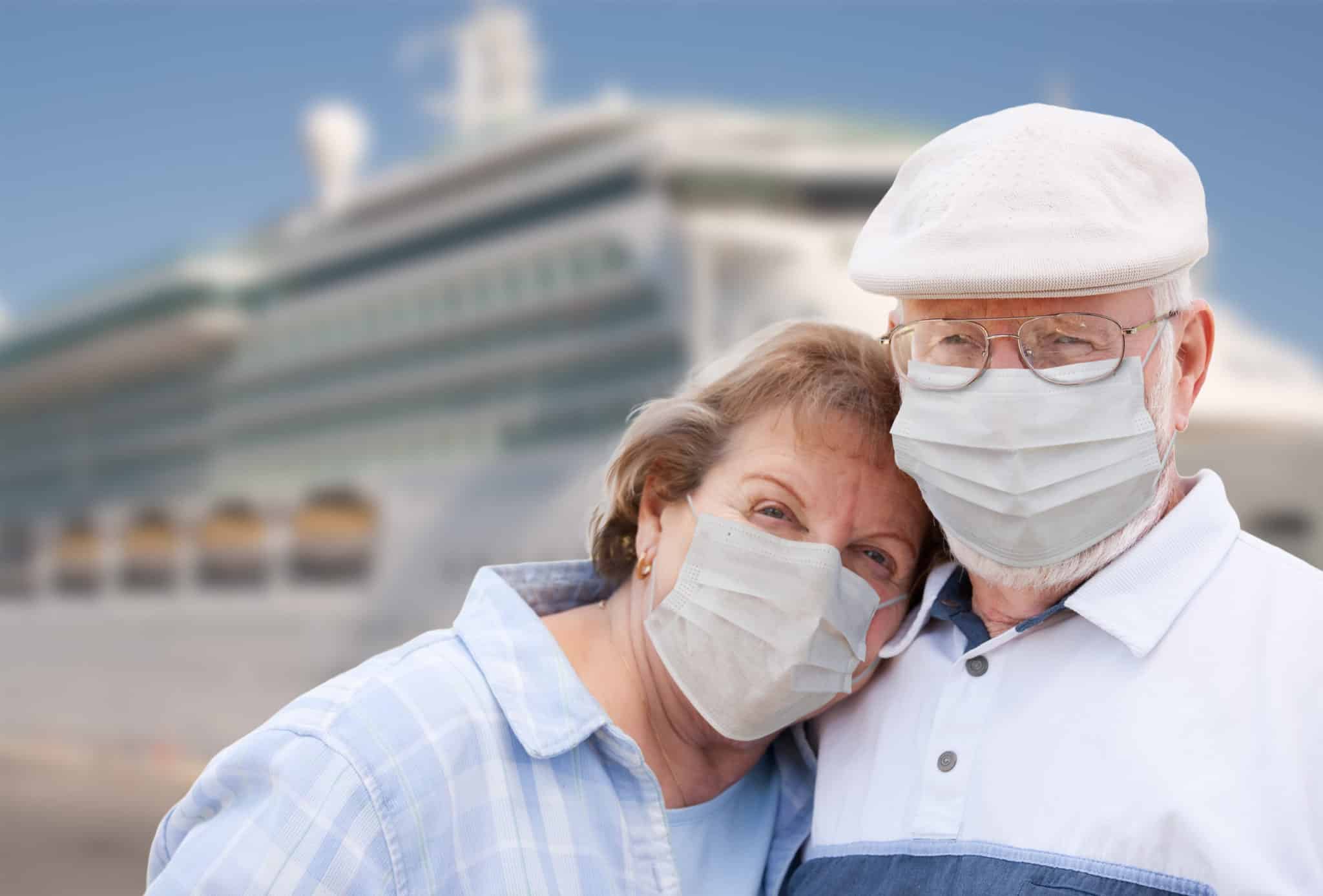COVID has been in the headlines for nearly two years. It has impacted the lives of everyone during that time. From work to leisure, COVID remains a concern for many, and its effect on the cruise industry cannot be understated.
Part of this comes from the Centers for Disease Control and Prevention’s conditional sailing order. It was set to expire on November 1 but has now been extended to January 15, 2022. This was done out of an abundance of caution and concern regarding the spread of the deadly Delta variant of COVID-19.
What does this mean for the cruise industry? And how are COVID cases on cruise ships looking right now? Read on to find out more.
COVID on Cruise Ships Today
Any cruise ship planning to sail or currently on the water is required to submit daily reports to the CDC that outline possible cases of COVID-19 on board. The CDC then uses these reports to apply a color status to the vessel.
The colors range from green – meaning that there are no reports of COVID for seven days – to red – there are so many cases reported on board that it will overwhelm the medical staff. Any cruise ship that fails to submit these daily reports can also be given red status. The other colors, orange and yellow, denote that cases have been identified but are under control.
Since early August, the color status of ships has improved. In September, things began to look up, and cases declined on board ships, with more ships being granted green status.
It appears the Delta variant had cruise lines doing more to help prevent the spread. Many required passengers to be tested before boarding regardless of their vaccination status. But the decline of cases on land has likely had the largest impact.
So Why the Extension of the Conditional Sail Order?
If things are improving, then you may wonder why the CDC chose to extend its conditional sailing order. According to the agency, there is still concern about the spread of COVID on cruise ships. Thus, they want to extend the order in order to implement new procedures for ships coming into U.S. waters from other places.
This will also require new instructions for ships that want to switch to a lower number of vaccinated passengers, dropping down from the 95 percent that has been in place. They will be required to issue travel advisories from the CDC regarding COVID and cruising in their marketing materials, as well.
After the expiration of conditional sail order extension, the CDC says that the program will be voluntary. It is hoped that cruise lines will keep these measures in place of their own accord to help detect and mitigate cases on board – on top of controlling the spread of the virus if it does pop up.

At the end of the day, the contagiousness of the Delta variant and the continued spread of COVID have pushed this decision by the CDC, regardless of the decline in cases both on land and at sea.
In the time of COVID, health has to be the first priority of every business that serves the public, including cruise lines. Finding the right balance between safety and enjoyment will always be tricky, but, hopefully, this pandemic will soon be in the rearview mirror so that life – and cruising – can return to normal.
About the Author:
Andrew Winston is a partner at the personal injury law firm of Winston Law. For over 20 years, he has successfully represented countless people in all kinds of personal injury cases, with a particular focus on child injury, legal malpractice, and premises liability. He has been recognized for excellence in the representation of injured clients by admission to the Million Dollar Advocates Forum, and named one of America’s Top 100 High-Stakes Litigators. Mr. Winston is AV Preeminent Rated by the Martindale-Hubbell Law Directory, enjoys a 10.0 rating by AVVO as a Top Personal Injury Attorney, has been selected as a Florida “SuperLawyer” from 2011-2020 – an honor reserved for the top 5% of lawyers in the state – was voted to Florida Trend’s ”Legal Elite,” recognized by Expertise as one of the 20 Best Fort Lauderdale personal injury attorneys, named one of the Top 100 Lawyers in the Miami area for 2015-2017, and one of the Top 100 Lawyers in Florida for 2015-2017 and 2019.







